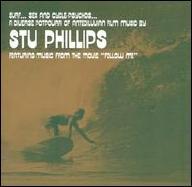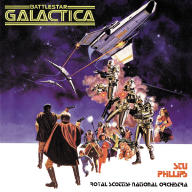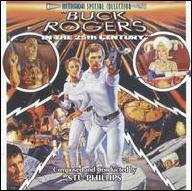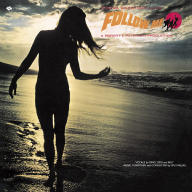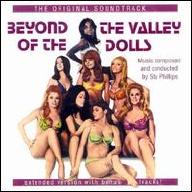In 1964 he returned to Capitol, masterminding the Hollyridge Strings, a catch-all name for a series of studio orchestra renditions of then-current pop hits -- the first, The Beatles Song Book, was a Top Ten hit and preceded similarly syrupy collections of hits by Elvis Presley, the Beach Boys, the Four Seasons, and Simon Garfunkel. (At one point in time, no fewer than three different Hollyridge Strings LPs hovered in the Billboard Top 20.) While at Capitol, he also headlined his own Feels Like Lovin', a minor classic of '60s soft pop. A stint as head of West Coast A&R for Epic Records followed, with Phillips helming sessions for the Doodletown Pipers, Nancy Ames, Bob Crane, and the Golden Gate Strings, an ad-hoc studio group in the manner of the Hollyridge Strings. (The Golden Gate Strings' Stu Phillips Presents: The Monkees Songbook, long a favorite among fans of pre-Fab Four kitsch, earned a CD reissue in 2017.) He also expanded into film work, scoring a handful of low-budget features like 1964's Ride the Wild Surf and 1966's Dead Heat on a Merry-Go-Round.
Perhaps Phillips' greatest and most notorious project remains his score for the 1970 Russ Meyer camp classic Beyond the Valley of the Dolls -- a delirious ode to sex, drugs, and rock & roll spotlighting a buxom all-girl band dubbed the Carrie Nations; its Phillips-composed soundtrack was a much sought-after classic for years until its 2003 CD re-release on the Harkit label. In 1974 Phillips landed at Universal Studios, where in the years to follow he composed the music for television hits including The Six Million Dollar Man, Quincy, Battlestar Galactica, and Knight Rider. He published his autobiography, Stu Who?, in 2003. ~ Jason Ankeny, Rovi


